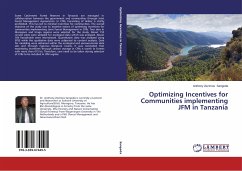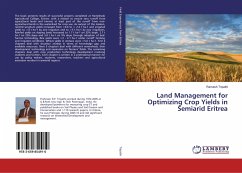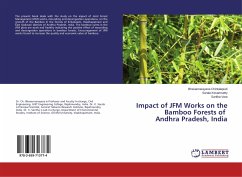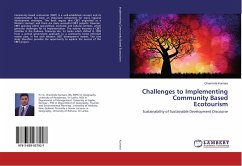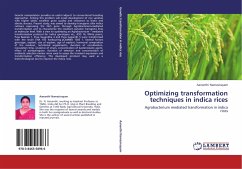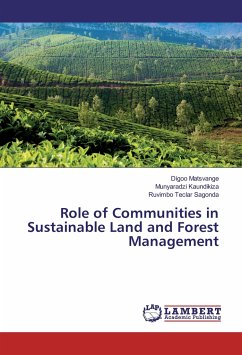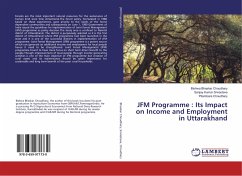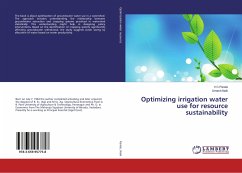Some Catchment Forest Reserves in Tanzania are managed in collabouration between the government and communities through Joint Forest Management Agreements. In CFRs, harvesting of timber is strictly prohibited. This has led to minimal incentives for communities. The overall objective of the study was to examine means of optimising incentives for communities implementing Joint Forest Management in CFRs. Two sites in Morogoro and Iringa regions were selected for the study. About 152 circular plots were sampled for ecological data which was analysed. About 164 households were interviewed. Quantitative data was analysed using SPSS while the qualitative data were subjected to content analysis. Data for modeling were obtained within the ecological and socioeconomic data sets and through rigorous literature review. It was concluded that maximizing incentives through carbon storage in CFRs is worth in forests with more than 615 ha. Therefore, care need to be taken during selection of CFRsto be included in JFM regime.
Bitte wählen Sie Ihr Anliegen aus.
Rechnungen
Retourenschein anfordern
Bestellstatus
Storno

